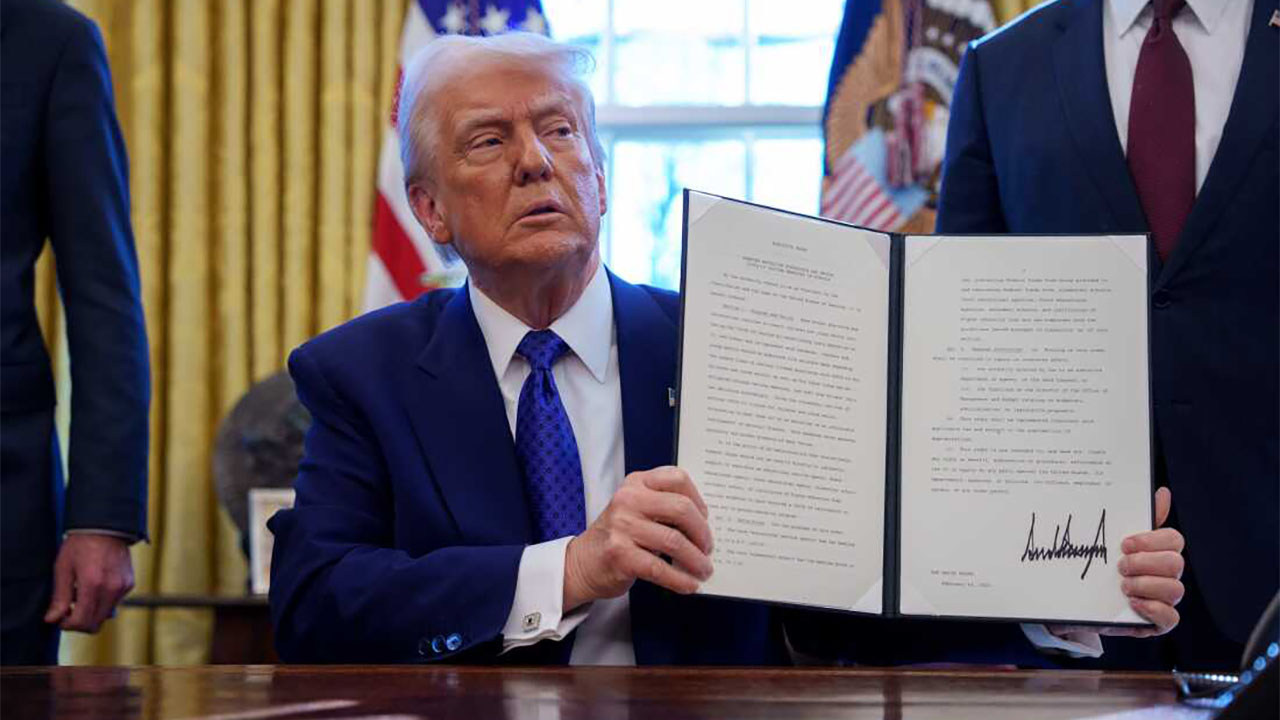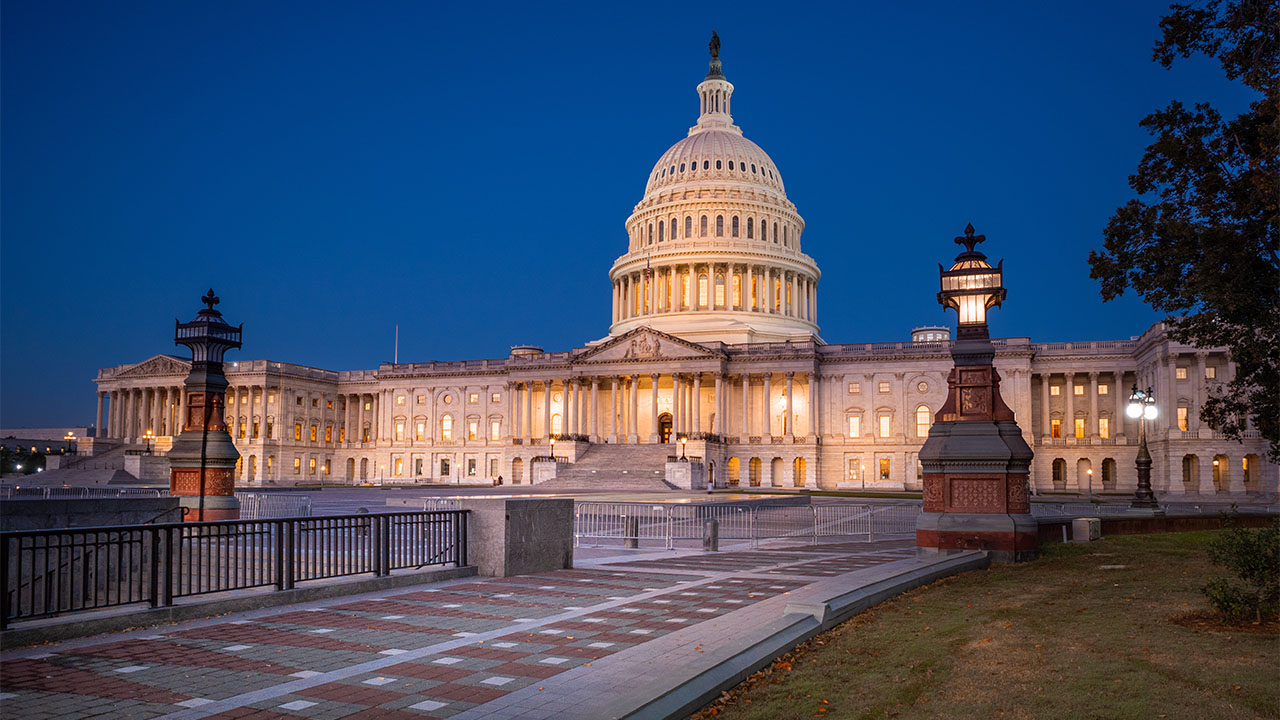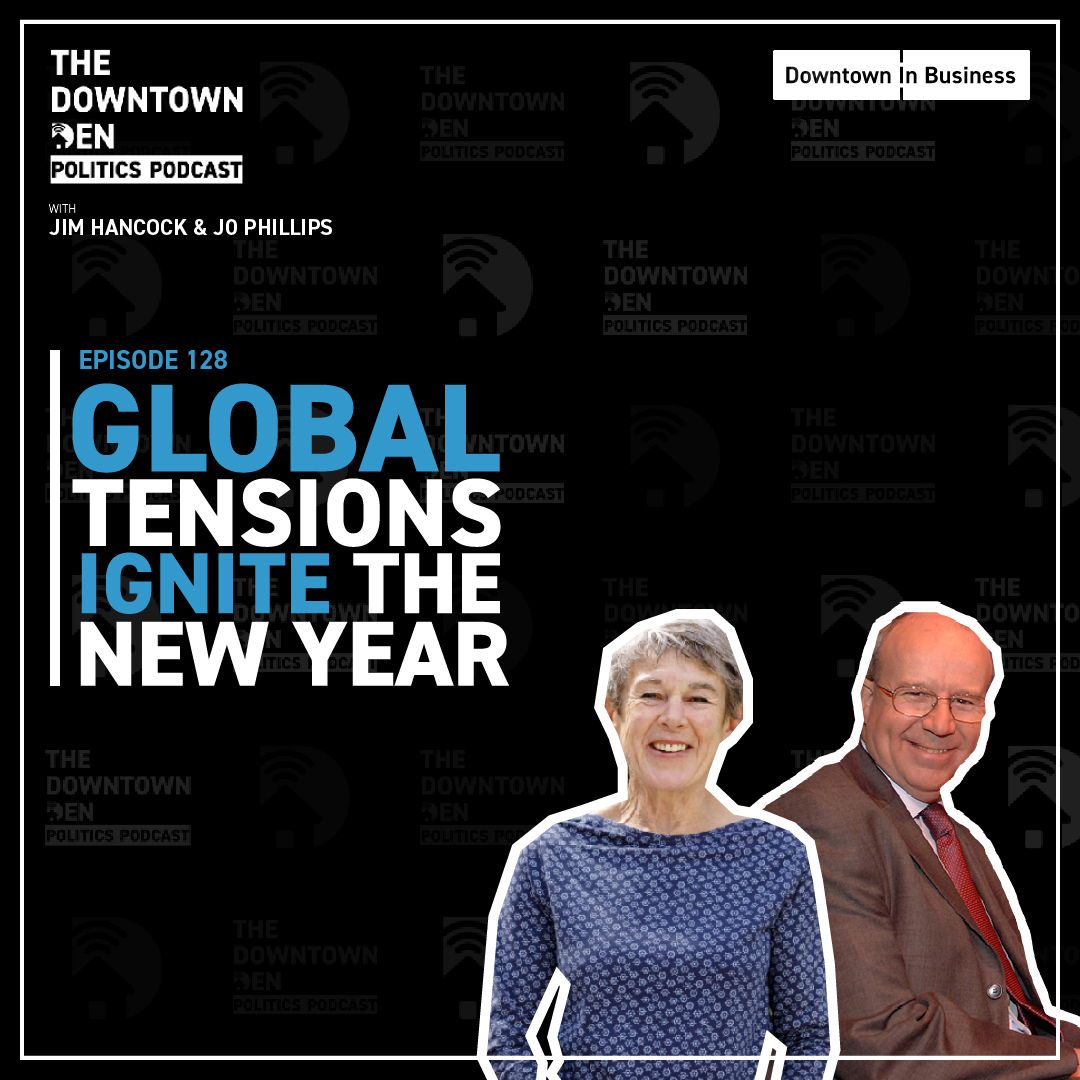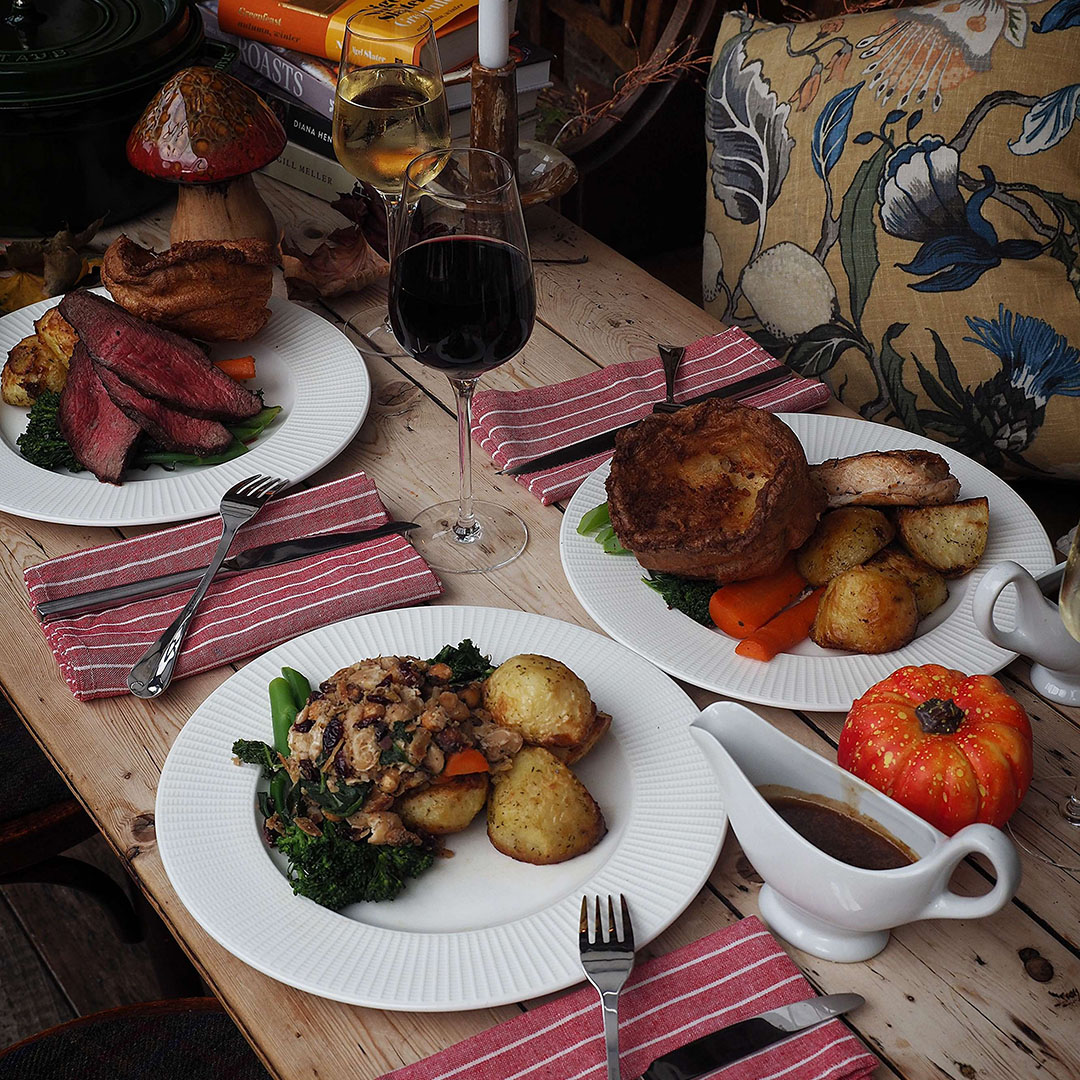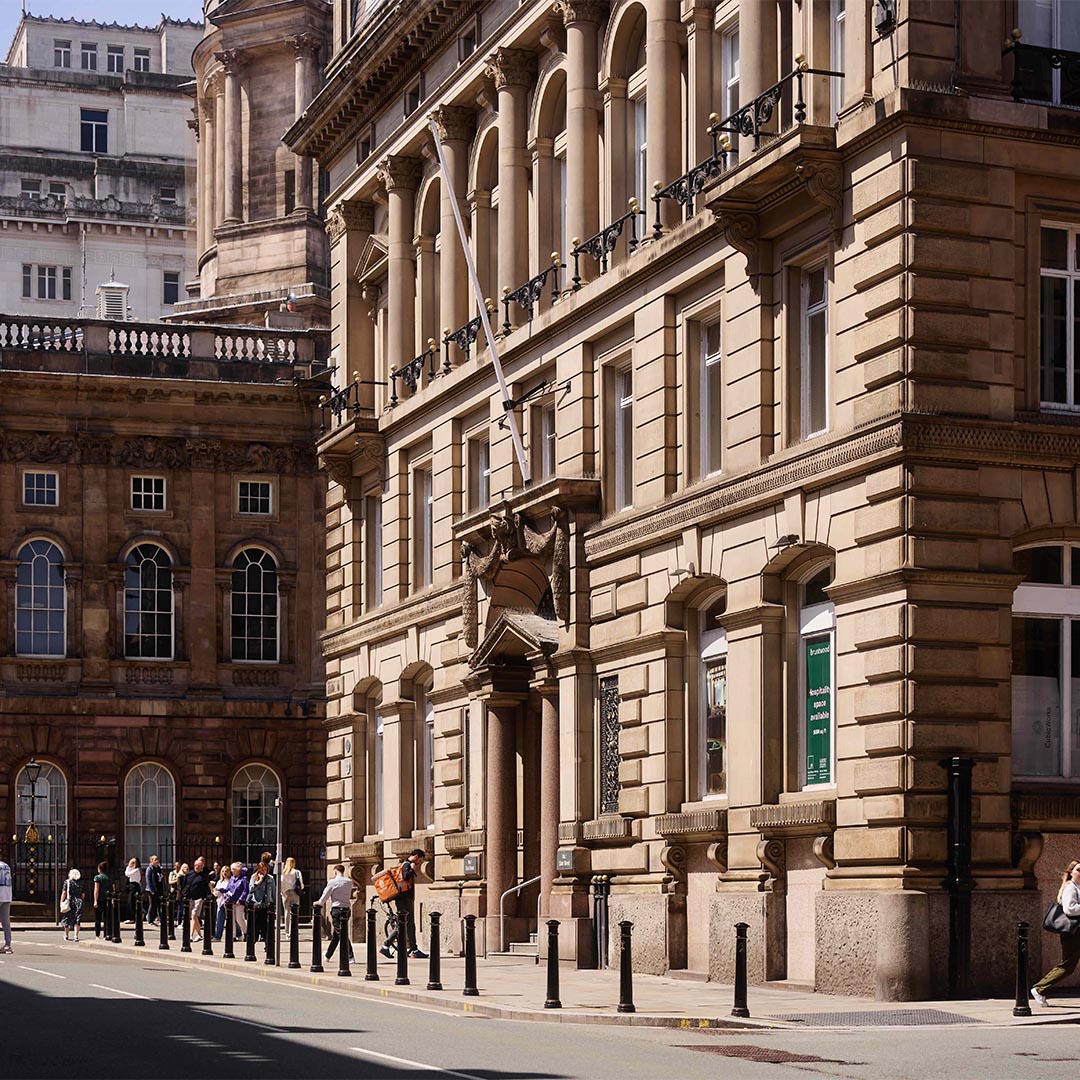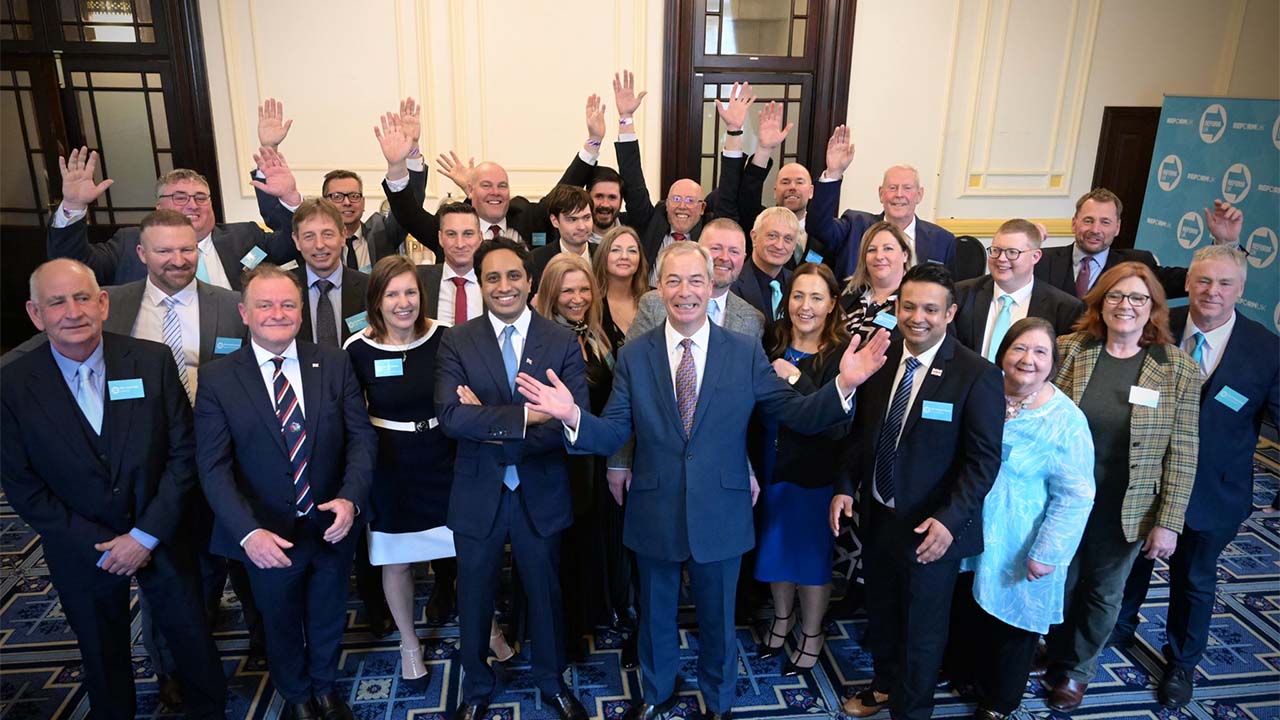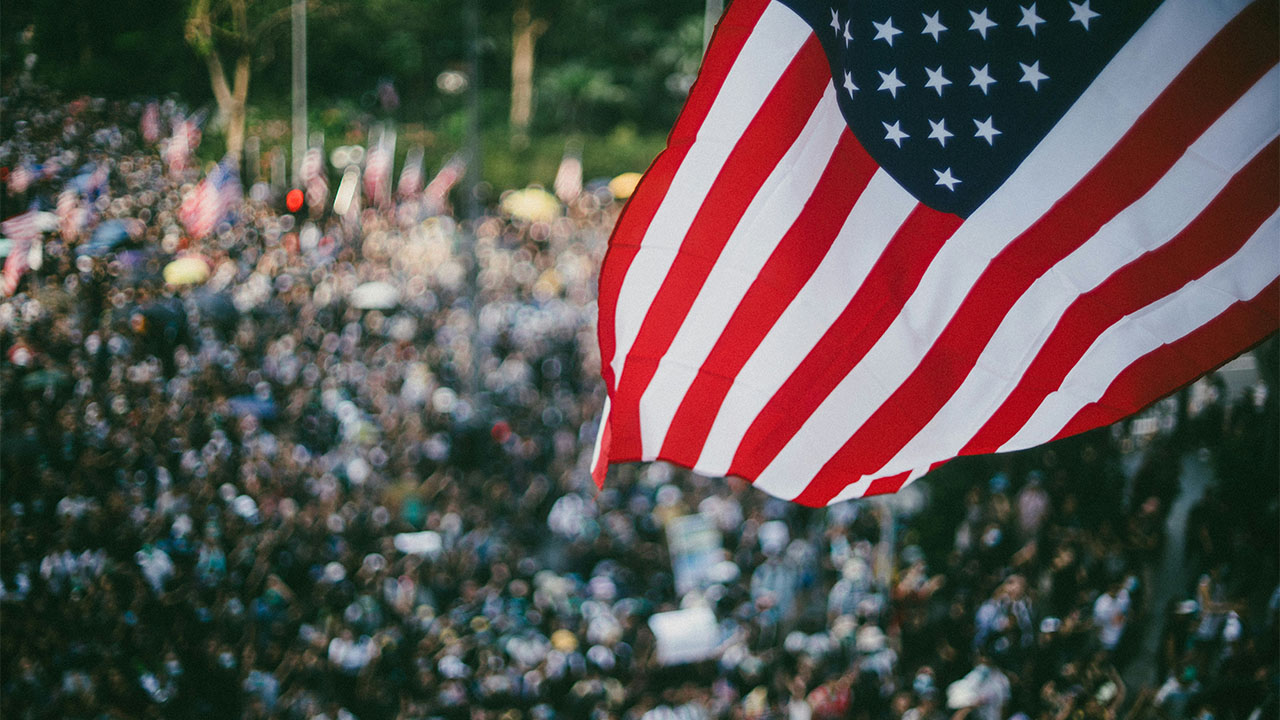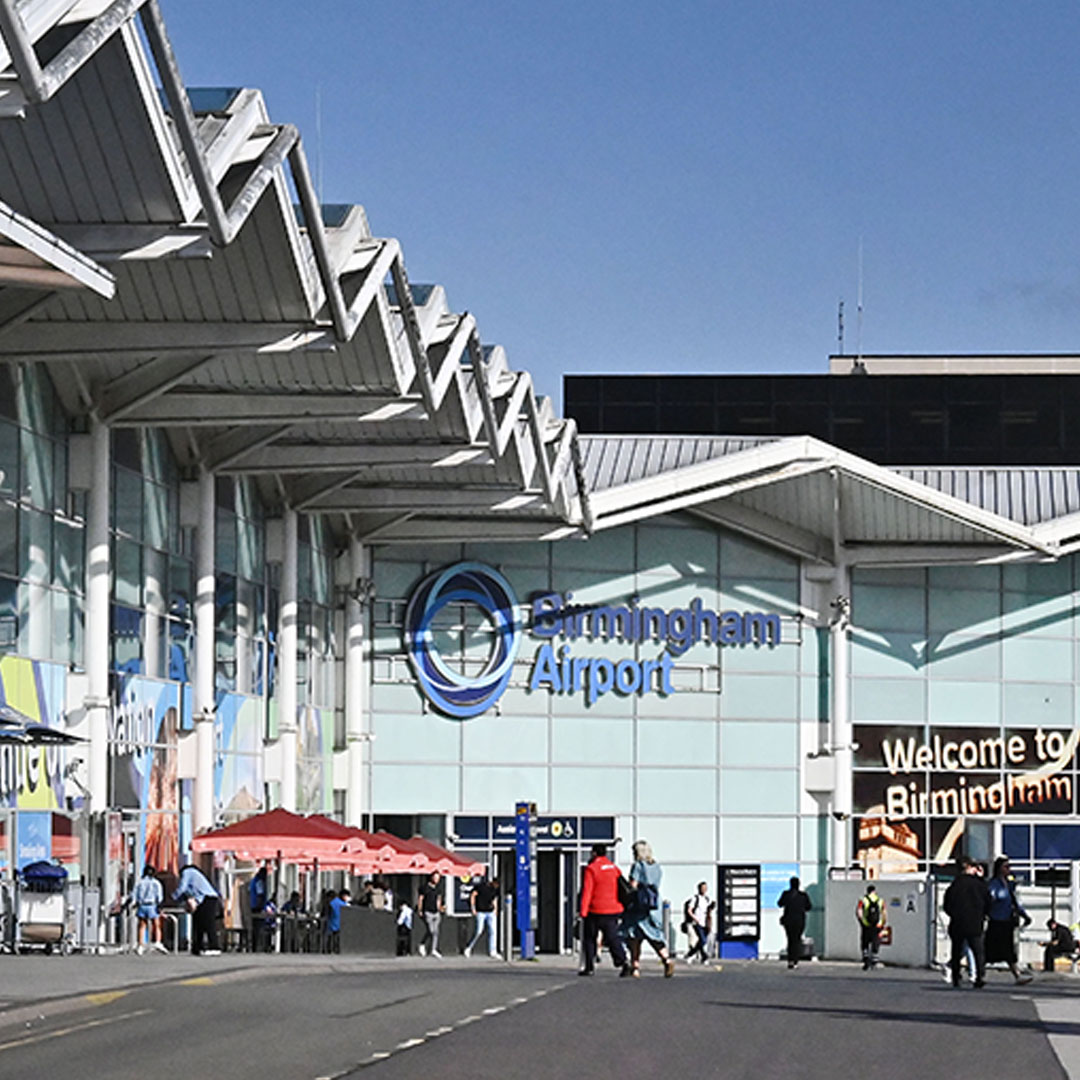Happy Thanksgiving.
Now get your coat on and get to the shops.
What was once a celebration of the first meal the pilgrims ate upon their arrival in the new world 400 years ago, has more recently become the green light for the Christmas shopping season to begin in earnest.
No sooner has the last of the turkey, truffle and walnut stuffing, and cranberry relish been polished off than the hordes are heading to what is left of America’s shopping paradise – The Mall.
Don’t get me wrong I love a holiday as much as the next reveller.
Our family is a trans-Atlantic one. We celebrate each-and-every holiday wherever we are and whatever it commemorates – Thanksgiving, July 4, Rosh Hashanah, Thanksgiving, Kwanza, Christmas and New Year. To us, they’re all worthy of a sumptuous meal and occasional gift-giving.
We’re not fundamentalist, orthodox or evangelicals who believe the sanctity of the holiday can’t accommodate a little of the more modern forms of entertainment, a drink or two, or an afternoon on the sofa watching favourite shows, movies and sports games.
The Macy’s Thanksgiving Parade along New York’s 5th Avenue, and broadcast live on TV, is an example of a great mix of sponsored content and more traditional family friendly fun.
But recently, Thanksgiving seems to have taken it too far.
For commercial and retail analysts, “Thanksgiving” has now become “Eve of Black Friday” – the nation’s homage to buying stuff.
In scenes broadcast on local news channels across the country one or more of the following events occur:
First, we meet a family who have forgone Thanksgiving to sleep in Best Buy’s carpark so they can be first in line for a discount 70” flat screen TV.
Next, we see live images of security guards getting trampled as they open the doors to restless crowds determined to get a bargain.
And the evening news rounds up with the festive spectacle of two women with kids in tow thumping and bruising each other over who was first to get their mitts on the last heavily discounted Ninja FoodSmart Air Fryer.
But my British friends, don’t be too quick to mock your American cousins.
Black Friday is now a global phenomenon in nations, including Britain, which don’t even celebrate Thanksgiving.
Competitive shopping seems to be so universal now, similar acts of ‘over-indulgence’ have been recorded from Liverpool One to Bluewater and every high street in-between.
So where did all these retail shenanigans come from? The origins of Black Friday are hotly disputed.
Historically, employers have given their staff the fourth Thursday in November off for Thanksgiving celebrations and people travel cross country to be with their loved ones. Consequently, very few people were available for work the next day and many businesses closed on the Friday too, creating a nice long weekend.
But that gentle act of employer compassion didn’t support the story which retailers and others really wanted to tell. Suddenly, Black Friday was the day when, after a whole year’s trading, those noble struggling businesses finally turned a profit – and were, in accounting lingo, in the Black, and rewarded customers with deals and savings.
What poppycock. Apple, Walmart, Target and all the others have been making phenomenal profits all year, they just want a reason to get you to spend even more on that extra day off in their stores.
Or worse, online.
Because if Black Friday wasn’t bad enough, its evil cousin, Cyber Monday, has recently turned up.
Not wanting to miss out on the action, the marketing gurus at Amazon, AliBaba and various dotcom retailers – faithfully supported by their enablers the express carriers and overnight delivery firms – wanted a slice of the Black Friday pie too.
The Monday after Thanksgiving is now Cyber Monday – when the online retailers reveal their pre-Christmas sales on their websites.
Just like its bricks and mortar relative, all doesn’t go swimmingly. We get endless news of systems crashes, cyber-scams and hoaxes, while vital wi-fi and broadband networks are overwhelmed as people furiously try to order handbags and glad rags from their favourite websites.
In all honesty, it is probably too late to put the genie back in the bottle.
Black Friday is now the nation’s biggest shopping day. Cyber Monday is a close second.
Thanksgiving and all that it stands for seems to have been relegated to the justification for all that spending.
So, in amongst the TV adverts, the Facebook marketing posts, and all the Twitter and Instagram updates, we will be bombarded with this week, it is nice to try and recall the real reason for the holiday in the first place – when those who had arrived with nothing and little chance of survival, were helped out by those who only had a little but were willing to share it with newcomers.
I’ll drink to that.



